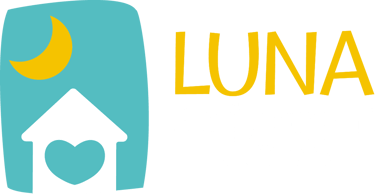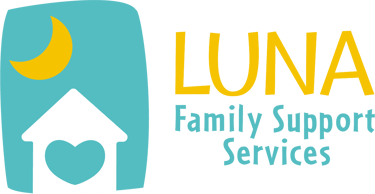Recognizing Signs of Abuse and Neglect: As early childhood educators, it is essential to be vigilant and observant when it comes to detecting signs of abuse and neglect in children. Some indicators may include:


Protecting Our Future: Child Abuse Prevention Month 💙🩵
Prevention: Preventing child abuse requires a multi-faceted approach. Education lies at the forefront educating parents and other adults first, about how to nurture their children, cultivating an environment where they feel safe to speak up.
Mitigation: Mitigating child abuse requires a community effort. By fostering strong support networks and promoting access to mental health services and parenting resources, we can equip families with the tools they need to navigate challenges and reduce stressors that may contribute to abusive behaviors.
Detection: As early childhood educators, it is imperative to be vigilant and observant. Familiarizing ourselves with the signs of abuse such as unexplained injuries, changes in behavior, or frequent absences enables us to identify potential cases and intervene swiftly. Documentation and reporting suspected abuse and neglect to appropriate authorities, such as child protective services or hotlines like the Childhelp National Child Abuse Hotline, are essential steps in safeguarding children from harm.
Taking action: Reporting suspected abuse and neglect is not only a moral obligation, but in our role as early childhood educators, as we are mandated by law to do so. As early childhood educators, we must prioritize the safety and well-being of the children in our care above all else. By advocating for policies that support children and families, and participating in training programs on how to recognize and report abuse, we can play a critical role in preventing and addressing this phenomenon.
As April unfolds, so does the reminder of Child Abuse Prevention Month, a time to confront the harsh reality that countless children endure abuse and neglect every day. As an early childhood educator, I believe it's our duty to become advocates for the safety and well-being of every child. In this blog, we will talk about some strategies to prevent abuse, recognize its signs, and take action as early childhood educators.
Unexplained Injuries: Bruises, burns, or fractures that cannot be adequately explained by a reasonable accident.
Changes in Behavior: Sudden shifts in mood, behavior, or performance at school could be red flags.
Fear of Home or Caregivers: Children who exhibit fear or reluctance to return home or to certain caregivers may be experiencing abuse.
Physical Symptoms: Signs of malnutrition, poor hygiene, or untreated medical conditions can suggest neglect.
Protecting Families and Children: As early childhood educators, we have a unique opportunity to create safe and nurturing environments where children can thrive. Here are some ways we can protect the families and children we work with:
Build Trusting Relationships: Foster open, trusting relationships with children and their families. Encourage communication and provide a supportive space for children to express themselves.
Educate Families: Provide families with resources and information on positive parenting techniques, stress management, and community support services. Empower parents to build strong, healthy relationships with their children.
Implement Policies and Procedures: Establish clear policies and procedures for identifying and reporting suspected cases of abuse or neglect. Ensure that direct children contact staff members are trained on recognizing signs of abuse and following proper reporting protocols.
Advocate for Support Services: Advocate for increased access to mental health services, parenting classes, and other support services within the community. Connect families with resources that can help alleviate stressors and reduce the risk of abuse.
Reporting Suspicions: If you suspect that a child is being abused or neglected, it is crucial to take action. Contact local child protective services or law enforcement authorities immediately. Remember, reporting suspicions of abuse is not just a responsibility, it's a moral obligation to protect the safety and well-being of children.
Child Abuse Prevention Month serves as a reminder of our collective responsibility to protect and nurture the most vulnerable members of our society. By remaining vigilant, advocating for support services, and creating safe, supportive environments, we can make a meaningful difference in the lives of the children and families we serve.
Together, let us stand as champions for our children, ensuring that every child has the opportunity to grow and thrive in a safe and loving environment.
SUSCRIBE
Receive our newsletter to be always the first to know about the latest news and novelties.
Protecting Our Future: Child Abuse Prevention Month 💙🩵
As April unfolds, so does the reminder of Child Abuse Prevention Month, a time to confront the harsh reality that countless children endure abuse and neglect every day. As an early childhood educator, I believe it's our duty to become...


